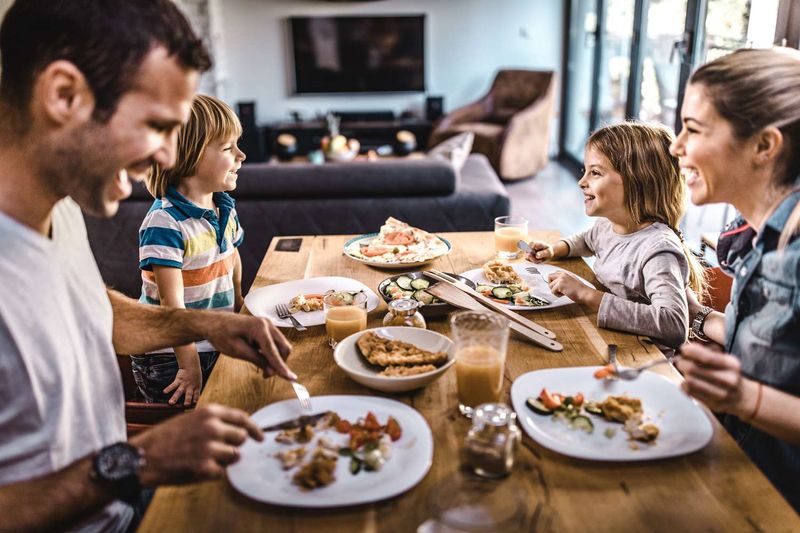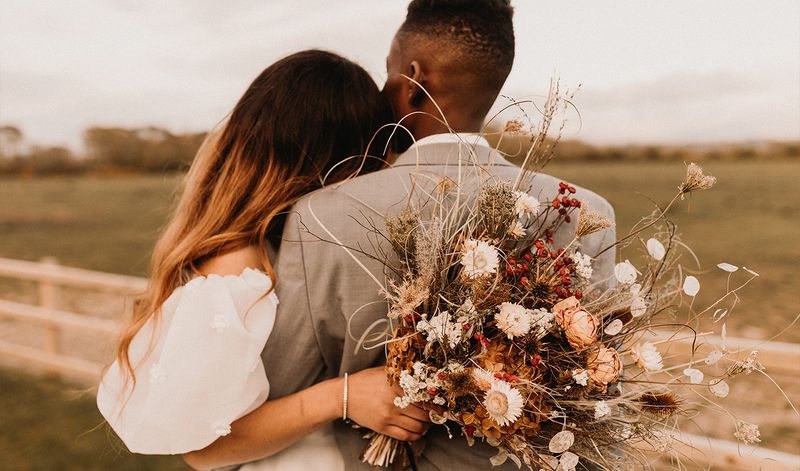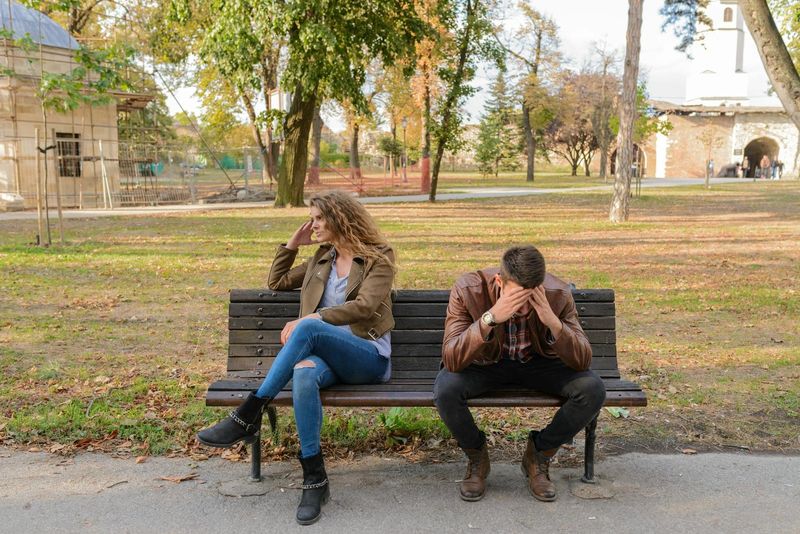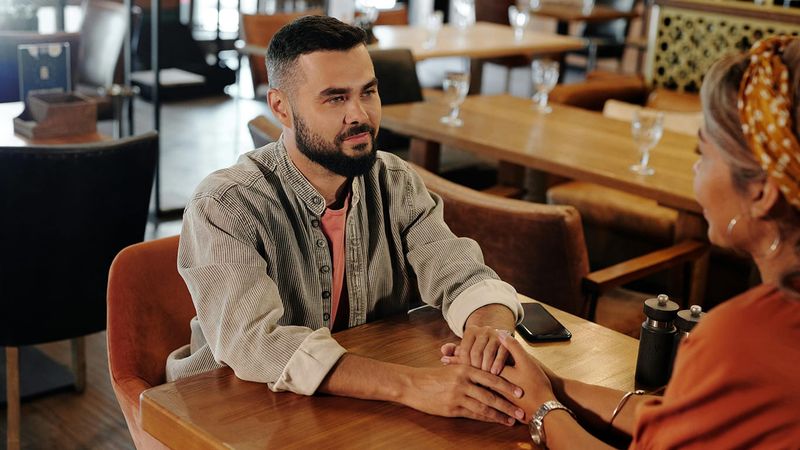Shall I be honest? I’m tired. Not just from work, or family, or the mind-numbing scroll through my phone every night. I’m tired from carrying a backpack of other people’s expectations – the ones we picked up as kids, stuffed with promises that glittered like fool’s gold.
If you grew up thinking you’d have it all figured out by thirty, or maybe you’re still waiting for the magic day when life finally feels easy, you’re not alone. This list isn’t here to wallow – it’s here to tell the truth out loud, the kind nobody wanted to say.
Maybe that’s the start of feeling a little less alone. Or maybe it’s just a relief to finally call a lie what it is.
1. You can be anything you want to be.
When I was six, my teacher said I could be president, or an astronaut, or a pop star—really, anything. I believed her like I believed in Santa, because no one told me about rent or student loans or that sometimes, doors are locked no matter how hard you knock.
Nobody said some dreams cost more than others, or that some people start the race halfway down the track. Sometimes, I wonder if telling kids that was meant to protect us—or just to keep us quiet until we were old enough to notice the cracks.
Now I know: wanting something badly doesn’t always make it possible. And that doesn’t mean I’m a failure; it means the world is bigger and messier than the storybooks. The real courage is deciding where to plant your feet when the fairy tale runs out.
2. Your job defines who you are.
Ever lost your job and felt like you’d lost your name at the same time? That’s not a coincidence. We grew up on TV shows where everyone’s last name was basically their job title, and somewhere along the way, we swallowed the idea that our worth only counted when our business cards had the right font.
But here’s the twist: dinner tables aren’t supposed to be networking events. Our friends are not LinkedIn contacts. The best part of you isn’t even on your resumé—it’s in the way you show up, in how you listen, in what makes you laugh until you snort.
It took me years to realize I’m not my work. I’m more complicated, messier, and that’s the good part. If nobody’s told you lately: your job is what you do, not who you are.
3. You have to finish everything on your plate.
I can still hear my grandma’s voice: “Don’t waste! Think of the starving children.” So I learned to eat even when I was full, to clean my plate because someone, somewhere, might wish for my leftovers.
But it turned meals into a test—a way to prove gratitude, not hunger. My stomach never got a vote. Turns out, my body already knew how much it needed, but I got taught to ignore it. Unlearning that turned out to be harder than any diet I ever tried.
Letting myself stop when I’m satisfied—no guilt, no drama—felt like a revolution. I wish someone had said sooner: you don’t owe anyone an empty plate. You only owe yourself respect.
4. Therapy is only for people with serious issues.
First time I booked a therapy session, I almost canceled. I wasn’t falling apart; I was just tired, sad, stuck—nothing dramatic. I grew up thinking therapy was for people on the edge, not people like me, who only felt lost on Tuesdays.
Turns out, mental health isn’t all-or-nothing. You don’t wait until your arm is broken to buy a Band-Aid. The best time to talk is before life unspools into chaos, not after.
Therapy gave me language for feelings I thought were just mine. It’s not weakness; it’s maintenance. Nobody gets a medal for struggling alone.
5. It’s not polite to talk about money.
I used to think money talk was rude, like burping at the table. My parents whispered about bills, and I learned to feel embarrassed by paychecks and rent.
But silence never helped me. I overdrafted my bank account before I learned how credit actually worked. Friends who talked about money saved me from repeating their mistakes—and made me realize I wasn’t the only one stressed about the numbers.
If nobody talks, nobody learns. Real connection means honesty—even about what’s in your wallet. Shame fades when we open the door and let the light in.
6. If you’re not married by 30, there’s something wrong with you.
The thirty-year deadline haunted me like a dentist appointment. Marriage by 30—anything later felt suspicious, like I’d missed some secret sign-up sheet. My parents married young, and their friends followed suit, so the rule settled in my bones.
But I watched marriages crumble, watched friends discover themselves years after the cake was cut. I saw happiness bloom late, in quiet apartments and solo trips. Turns out, fulfillment doesn’t track your birthday.
Single at thirty isn’t a diagnosis. It’s just a life, unfolding on its own time. There’s nothing wrong with letting the story take longer.
7. Being sensitive means you’re weak.
Remember the kid who cried at movies? I was that kid. I tried to toughen up, because grown-ups said soft hearts break too easily. I wore my feelings like armor, hoping nobody would see the cracks.
They were wrong. Being sensitive isn’t a flaw; it’s a way to feel the world fully. It means noticing pain, but also beauty—hearing what goes unsaid, giving comfort because you understand.
Now I know: empathy is strength in a world that wants walls. My sensitivity isn’t a weakness to hide, but a compass that keeps me human.
8. Girls can’t play sports.
Coach told me, “Girls just aren’t built for this.” I still remember his face when I outran half the boys during practice. The field became a place to argue with my legs, to rewrite the rules every time I scored.
If you grew up thinking “girls can’t,” you missed the stories of women who ran faster, jumped higher, and played harder than anyone expected. They didn’t just show up—they changed the game.
Playing isn’t about gender; it’s about grit. The real win? Knowing you don’t need permission to take the shot.
9. No pain, no gain.
“Push through!” they cheered, as if pain was proof I was doing something right. I limped to work, convinced soreness equaled success.
It took an injury and months of physical therapy to realize: pain is a warning, not a badge. Rest isn’t failure; it’s how your body survives round two.
Hustle culture lied. Growth needs recovery, not just sweat. The bravest thing I did was sit down and heal.
10. You’ll understand when you’re older.
As a kid, I asked questions nobody wanted to answer. “Why do grown-ups fight?” “Why are we moving again?” They’d smile and say, “You’ll get it when you’re older.”
I waited for understanding to arrive with my first gray hair. It never did. Some things just don’t make sense—no matter how many candles are on your cake.
The truth? Sometimes adults don’t have answers, either. Pretending otherwise just creates distance. Better to be honest, even if you have to say, “I don’t know.”
11. If you work hard, you’ll get ahead.
I clocked overtime, skipped lunches, and chased every gold star. I thought hard work guaranteed progress—a ladder, not a hamster wheel. My biggest shock? Realizing effort isn’t the only currency.
Some people start life with a head start. Some ladders are missing rungs. Hard work matters, but it doesn’t erase luck, timing, or who you know.
I still believe in showing up, but I stopped blaming myself for the things I couldn’t control. The game isn’t fair—and pretending it is only makes us feel alone.
12. You have to buy a house to be successful.
Homeownership was the finish line—proof you’d made it. My parents bought young, so I measured myself by Zillow listings and mortgage calculators.
But the rules changed. Wages flatlined, prices soared, and suddenly my dream house became a postcard, not a plan. I felt like I’d failed, even though the math never added up.
Success doesn’t live behind a white picket fence. Sometimes, it’s renting with roommates, or making a home in a place you can actually afford. The address isn’t the achievement; feeling safe is.
13. College guarantees you a good job.
I graduated into a recession, diploma in hand like a golden ticket. My inbox filled with rejection letters, not job offers. The promise of college felt like a practical joke.
Nobody mentioned the fine print: degrees don’t erase economic reality. For many of us, the job hunt became a marathon, not a victory lap.
Education matters, but guarantees are a myth. A degree is a doorstop, not a magic key. My value isn’t tied to a piece of paper—it’s in how I keep going, even when the world doesn’t play fair.
14. You should always be positive.
I tried to smile through heartbreak, convinced that negativity was a personal failure. My Instagram was a highlight reel, even when my real life was falling apart.
The pressure to “look on the bright side” made me feel lonelier, not better. It taught me to hide my struggles, to perform happiness even when I was hurting.
True connection happened the day I dropped the act and let a friend see the mess. It’s okay to be real—sometimes, that’s the only way to heal.
15. Being busy means you’re important.
I bragged about my calendar like it was a trophy: meetings, deadlines, side hustles. Busyness became my armor, proof I was doing something right.
But I missed birthdays, skipped dinners, and wondered why I felt empty even as my to-do list grew. The world rewards speed, but it doesn’t reward presence.
Being busy isn’t the same as being valued. I’m learning to measure my days by what matters, not just what fills the hours.
16. You must forgive and forget.
Forgiveness felt like an obligation—an emotional chore I was supposed to finish. People said, “Move on, let it go.” But hurt doesn’t disappear on command.
I thought forgetting was part of healing, like erasing a chalkboard. But scars don’t fade just because someone says sorry. Sometimes, forgiveness is a process, not a one-time decision.
You don’t have to forget to move forward. You get to choose what you carry, and what you set down. And that’s real freedom.
17. You’ll know what you want when you grow up.
I waited for certainty to show up like a birthday present. I thought adulthood was about clarity, not choices. The older I got, the more confusing it felt.
There’s no magical age when you wake up sure of everything. Life is a series of pivots and wild guesses, not a finish line you reach with a single, perfect plan.
I’m learning to be okay with not knowing. Maybe growing up means asking new questions, not having all the answers.


















